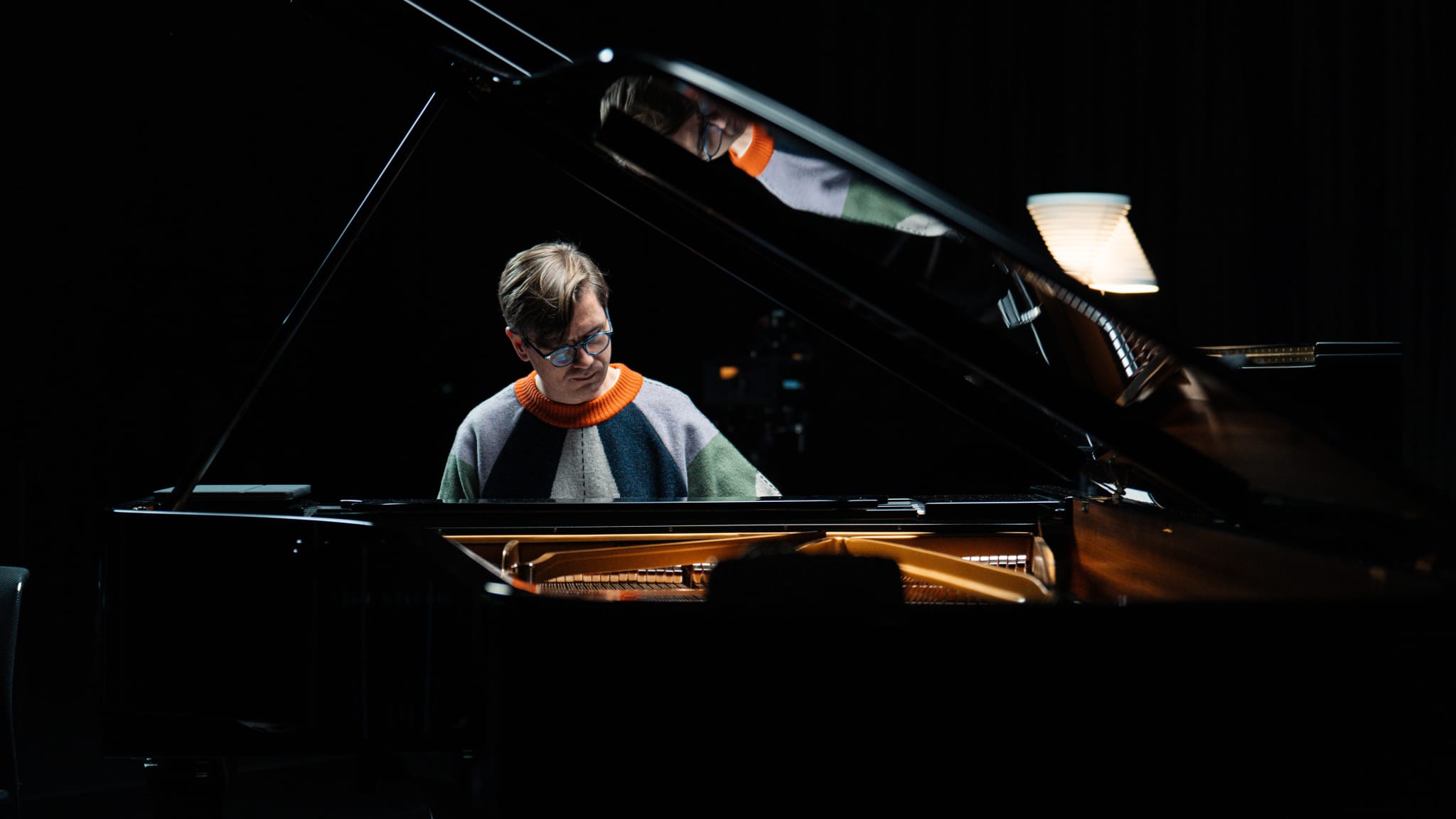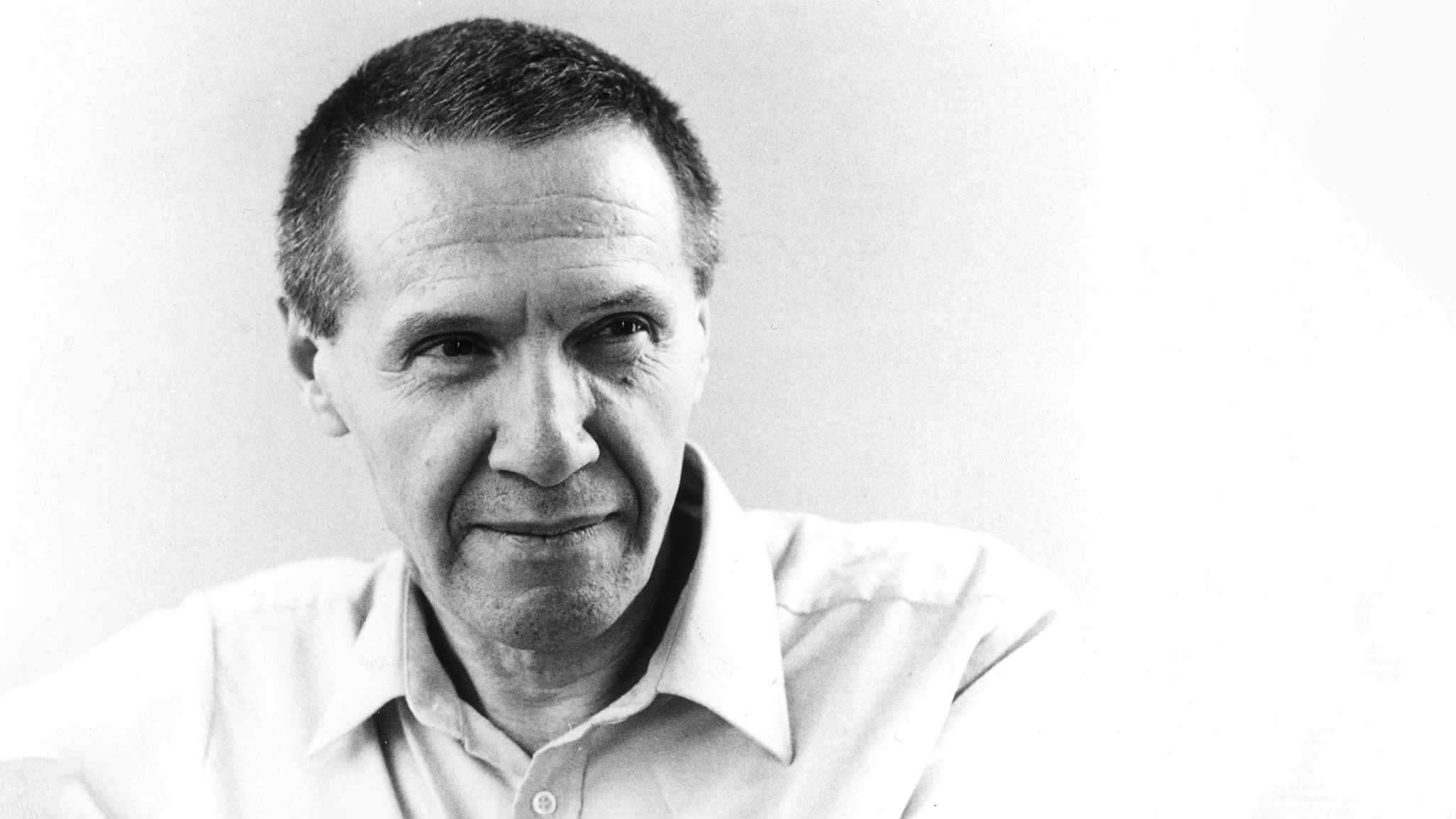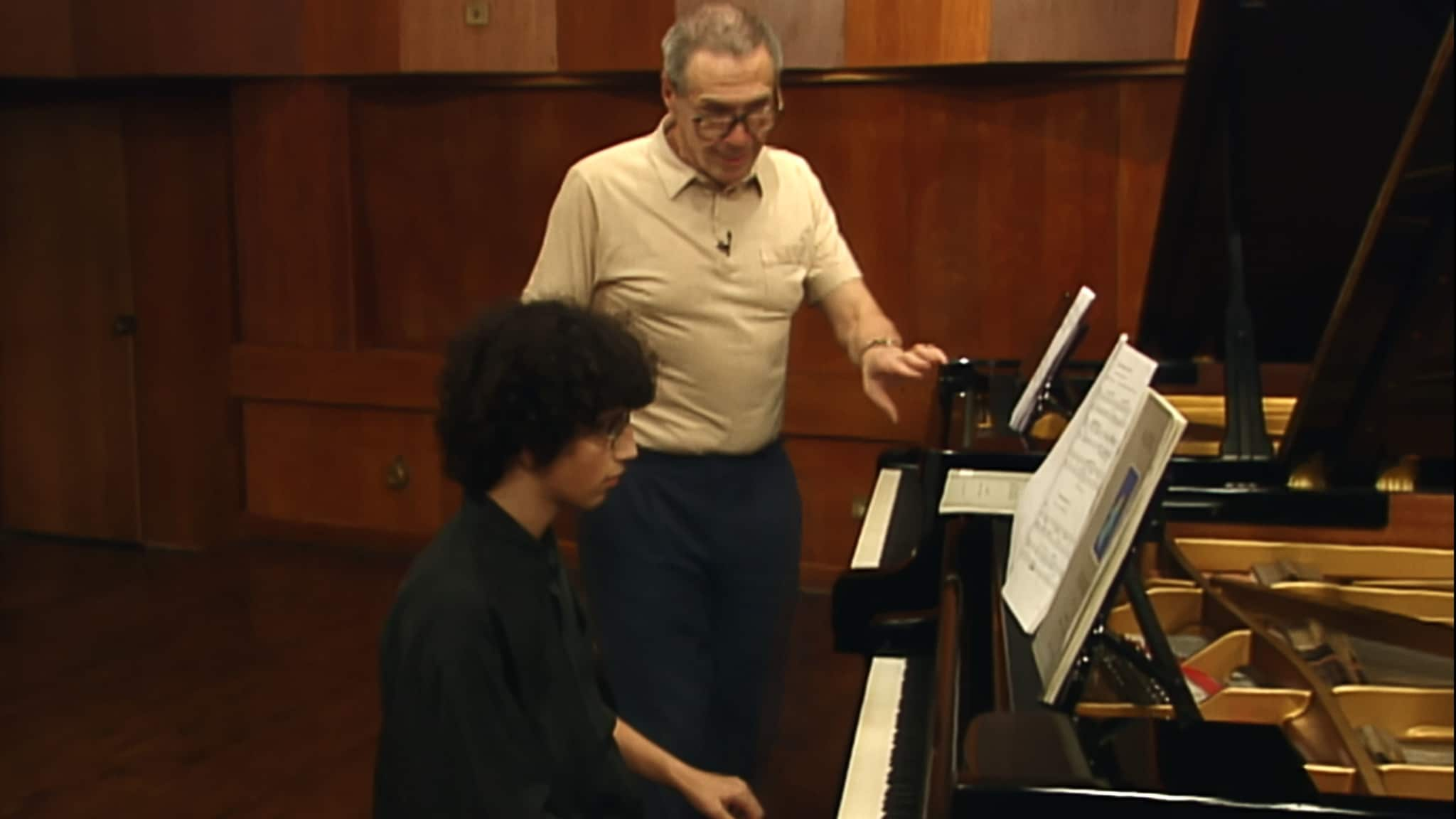New on STAGE+
Albums
Documentaries
About
György Kurtág

György Kurtág is Hungary's pre-eminent living composer, and one of the most potent and original creative forces in the world today: an artist whose exquisitely crafted works carry a weight, and an emotional and philosophical power, out of all proportion to their often small scale. Kurtág was born to Hungarian parents in Lugoj, in a region that since 1920 had been part of Romania. He survived Nazi occupation and post-war communist tyranny, but the experience of the 1956 Hungarian Rising sent him to Paris where he studied with Messiaen and Milhaud and grappled with depression before finding creative liberation in the music of Webern and the writings of Samuel Beckett.
He returned to work as a teacher in Budapest and after the premiere of Messages of the Late Miss R V Troussova in Paris in 1981 began to establish a reputation in the West; subsequent works include the Kafka Fragments for voice and violin (1986), the massive orchestral lament Stele (1994) and Játékok (1973 – ongoing) a series of piano miniatures which he performed frequently with his wife Márta until her death in 2019. The premiere of his opera Fin de Partie at Milan in 2018 showed the 92-year old Kurtág still at the peak of his imaginative powers.












